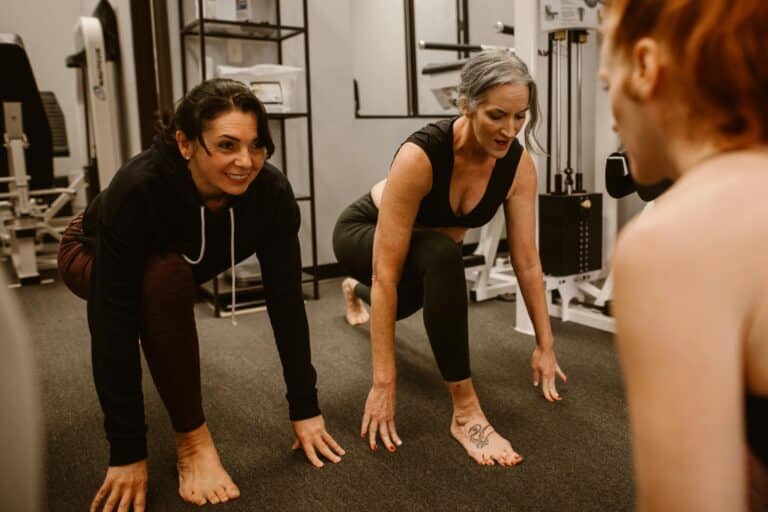Scientists expect climate change to cause about 250,000 additional deaths each year between 2030 and 2050, according to the World Health Organization. Heat stress will be one of the main reasons, so prioritizing exercise will also prime your body to handle the heat.
“The heat itself will affect our ability to breathe. We get dehydrated quicker. We can get heat stroke. All of that will put stress on our heart and lungs, and make it more difficult to move around,” says Kalvin Lung, MD, thoracic surgeon with the Northwestern Medicine. “It may even decrease people’s motivation to exercise. You’re less likely to go outside when it’s super-hot.”
You can reduce your carbon footprint — greenhouse gas emissions that contribute to climate change — by changing how you go about routine activities.
Not only will you help the planet, but rethinking your daily routine can also help you meet the recommended exercise guidelines. For adults, that means getting at least 150 minutes of moderate-intensity aerobic exercise, or 75 minutes of vigorous-intensity exercise, weekly.
Make these swaps today to benefit your body and the planet.
1. Change your commute. Ditch your car. Instead, walk, bike, or ride public transportation to work. Lung often rides his bike to work. “Just walking to the bus stop or train station, walking up and down the stairs to the L — that’s all exercise that we don’t think about.”
2. Walk to the grocery store, post office, or dinner. “Carrying groceries back — that’s exercise that can increase your heart rate and increase the level of vigorous exercise you’re doing,” Lung says. “When we’ve been driving so much, we lose this idea of urbanism and the urban landscape. And, really, walking everywhere is great exercise.”
3. Cool down naturally. During hot spells, instead of staying home with the air conditioning on full blast, head to your local pool or beach, Lung says. “Cooling off swimming — that’s exercise. And we have a great lake that we can jump into.” Just make sure you lather up with sunscreen.
4. Tackle home chores with muscle power. Sweep the floor instead of using a vacuum cleaner or robot. Rake fall leaves instead of using a leaf blower. Use a traditional shovel to clear snowy walkways. “Moderate-level chores work your body. You’re walking around, moving your arms and legs,” Lung says.
5. Take the stairs. Chicago’s tall buildings offer built-in ways for you to get lean, strengthen leg muscles, and improve lung function. It means taking the stairs instead of the elevator, Lung says.
6. Green up yard work. “Gardening actually involves exercise. It’s a lot of getting up and down,” Lung says. “And planting trees and plants, that’s all going to contribute to reducing greenhouse gases in our atmosphere.” To further protect the planet, use traditional garden tools instead of electric ones, or choose a push lawn mower instead of a gas-powered one.
By making these substitutions, you can get more exercise and reduce your carbon footprint. “Many times, we intentionally try to increase our exercise, but you can just kind of work it into everyday living,” Lung says.
Above photo by Katie Scarlett Brandt.
Originally published in the Fall/Winter 2023 print issue.

Rita Colorito is a freelance health and wellness writer. She’s written for dozens of media outlets, including Chicago Parent, HealthCentral, and WebMD.










